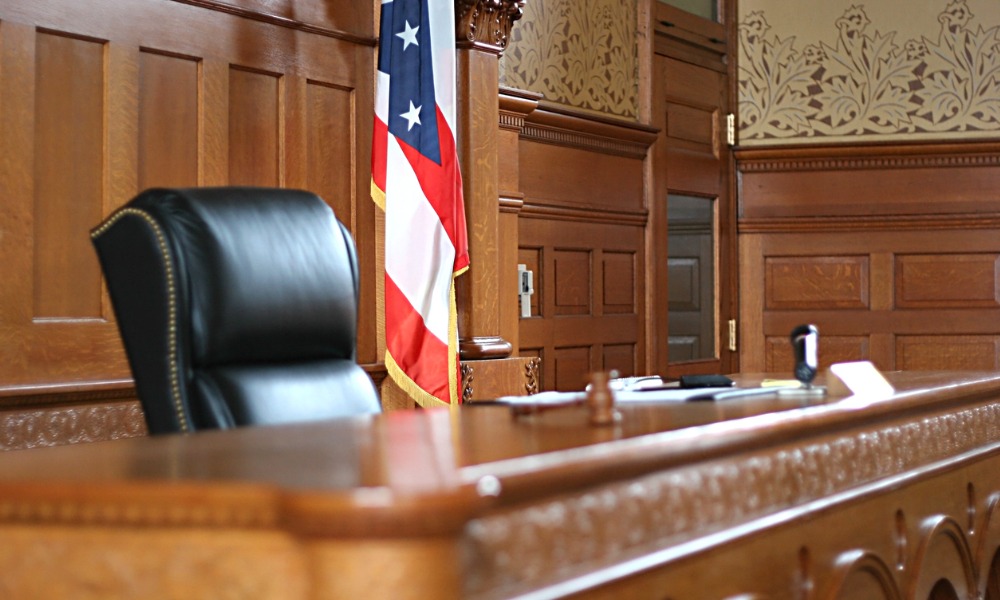
Dismissal of damages sought under US privacy law upheld

The United States Court of Appeals for the District of Columbia Circuit has reinstated a man’s equitable claims relating to a report by special counsel Robert Mueller III on alleged Russian interference in the 2016 presidential election.
The appellant in this case was a Georgian-American businessman. Originally from the Republic of Georgia, he moved to the U.S. in the 1990s and became a U.S. citizen.
In 2016, during Donald Trump’s presidential campaign, the appellant sent a text message to Trump’s attorney, Michael Cohen. “Stopped flow of some tapes from Russia,” the message said.
The Mueller report, referencing this message, inaccurately identified the appellant as Russian and misquoted the message. This prompted the appellant to sue Mueller and the U.S. Department of Justice.
The appellant requested damages under U.S. privacy law. He asked the court to declare the report inaccurate and to order the justice department to amend it. He alleged that the inaccuracies harmed his reputation and cost him business opportunities.
The United States District Court for the District of Columbia found that the appellant lacked standing and rejected his equitable and damages claims.
In Rtskhiladze v. Mueller, No. 21-5243, the United States Court of Appeals affirmed the dismissal of the appellant’s damages claim. However, the appellate court reinstated the appellant’s equitable claims and sent the case back to the district court so that it could consider the merits of these equitable claims.
The appellate court disagreed with the district court’s finding that the appellant lacked standing to bring his equitable claims. The appellate court held that the justice department could still be ordered to correct the inaccuracies to address any damage that the report caused to the appellant.
The report’s inaccuracies could continue to harm the appellant’s reputation, even after the release of a U.S. Senate report correctly identifying him as Georgian-American, the appellate court ruled. The Senate report did not nullify the impact of the Mueller report, given that someone could possibly find the Mueller report but not the Senate report, the appellate court explained.
However, the appellate court agreed with the district court’s dismissal of the appellant’s damages claim. U.S. privacy law required a claimant to prove that a federal agency’s conduct was intentional or willful, the appellate court noted. In this case, the appellant’s reliance on common-law defamation principles failed to meet this standard, the appellate court decided.